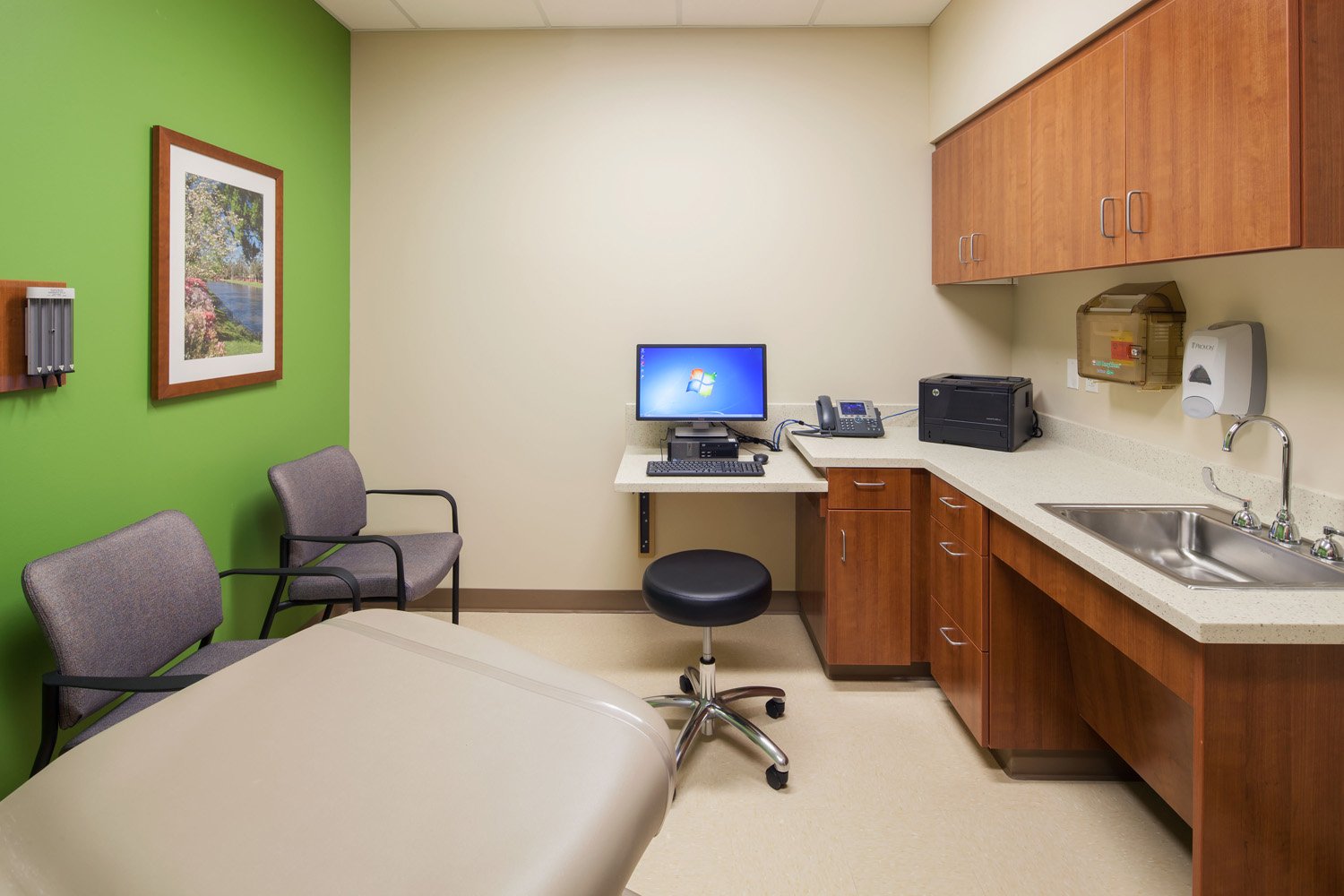During my second week at Constructor University, I unfortunately came down with a pretty bad cold and needed to go to the doctor. I was so nervous that I asked my friends to come with me for moral support. Little did I know, going to the doctor’s office in Germany is actually very straightforward and easy! This article will give you all the essential information you need to go to the doctor’s office near Constructor University so you can focus on your recovery when you’re sick, instead of worrying about what to do in this situation in a foreign country.
Most, if not all, students at Constructor University go to the local doctors’ office located at the nearby Pumpenstraße 10. This is because it is so close to the campus, everyone working in the office is friendly and speaks English, and the office accepts new patients. There are two male doctors there who are both general physicians and one specialises also in athletic medicine. We typically walk there from the gate behind the colleges Mercator and C3. You could also take the bus to Richthofenstraße, which leaves you at a main street so you only need to walk down the small side street to get to the office.
The office does not take appointments, you simply have to go there in person and wait. Typically, the hours are as follows: 8:00-12:00 and 16:00-18:00. The exception is Wednesday, on which the office is only open until 12:00. It is closed on Saturdays and Sundays. Once you arrive at the office, you will see the receptionist’s desk and they speak English. You can simply ask for an appointment and they will scan your insurance card. If it is your first ever time at the doctors’ in Germany, this office will become your “Hausarzt,” or general physician. They will keep your information on file and you typically have to go through them for any future medical care like prescriptions or referrals.
Then, you can take a seat in the waiting room or outside. If you go outside, you can sit at a little bench under a tree and the receptionist will come out and let you know when the doctor is ready to see you. Some days, you can get an appointment within 15 minutes and other days, you might be waiting for two hours so make sure to bring something to do. During finals season and winter especially, I recommend getting there as early as possible to avoid crowds. The office is located in a largely residential area with many older people living there as well as students, which is why it can get so busy.
As mentioned earlier, both doctors speak English and are very nice. They may do a physical check up if you need it. If you need more specialised treatment or medication, you must see your Hausarzt first for a referral before visiting a specialist (e.g. a neurologist or nutritionist). Additionally, if you want to see this specialist throughout the year, you may have to go back to your Hausarzt for a new referral every few months. An appointment typically lasts 15 minutes but could be longer depending on the problem. After your visit, you can wait up at the front for a medical excuse or prescription.
Once you are a patient of the Hausarzt, you no longer need to actually have an appointment with the Hausarzt to get a medical excuse. You can just explain to the receptionist your issue and they will discuss it with the doctor, who will then sign off on it if applicable. Keep in mind for medical excuses, you must go during the accepted period. This means you must visit the doctor within three working days, starting on your first day of illness. You can also get a predated or backdated excuse but only if your visit precedes or follows the illness by just one day.
Likewise, for prescriptions, once you have a medication on file, you do not need an appointment but can just tell the receptionist which medication you need. They will print off a new prescription for the doctor to sign when he has a free minute. For prescription medication, you will need a new prescription each time you go to pick up that medication from the pharmacy. There are many local pharmacies, such as Kronen Apotheke on Friedrich-Humbert-Straße, so you can take the bus there right after your doctor’s visit.
After you graduate, if you move to another city in Germany, it is recommended that you find a new Hausarzt in the new city before you actually arrive there to ensure you find another office that accepts new patients. This also gives your first Hausarzt enough time to forward over your new documents.
Going to the doctors’ in Germany is actually much easier than you might have expected!
BY Kenna Rosalie Howorth (UK & USA) | CLASS OF 2023
